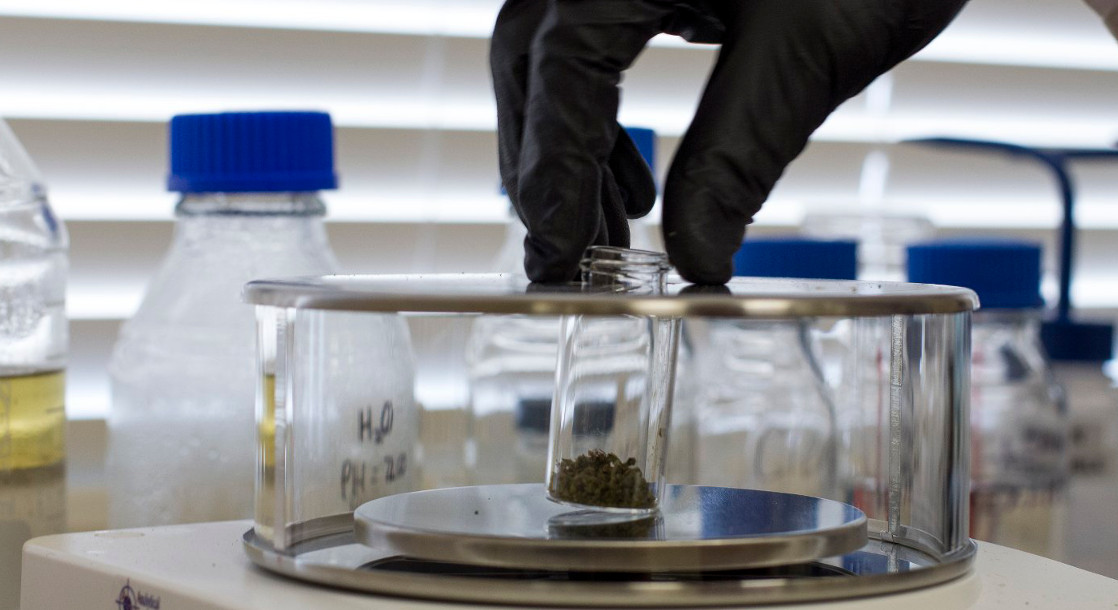Despite having legalized medical marijuana twenty years ago, California has left its MMJ industry largely unregulated. That is all set to change, as the California Bureau of Marijuana Control has released draft versions of regulations that will tightly regulate the industry starting next year. This week, the bureau released a series of draft regulations that will govern how medical marijuana providers must test their products.
The 46-page draft regulations mandate that all medical cannabis sold in the state must be independently lab tested starting next year. These labs will test marijuana samples for homogeneity and moisture content as well as for contaminants like pesticides, heavy metals, mycotoxins, solvents, microorganisms, and other foreign material. Labs must also report the exact concentration in milligrams of THC, THCA, CBD, CBDA, CBG and CBN.
Some MMJ providers feel that these new regulations for testing are excessive, and will therefore drive up the price of their products. Laboratories will be required to purchase expensive new equipment in order to test for contaminants like heavy metals, and the additional testing will also increase the turn-around time for lab processing, which could in turn cause delays in the supply of medical cannabis.
A recent study by UC Davis found that samples of medical marijuana contained bacteria and fungi that were connected with serious infections in patients. In response to this, the draft regulations mandate testing for aflatoxins, which are cancer-causing chemicals produced by molds. But Robert Martin, executive director of the Association of Commercial Cannabis Laboratories, said that he has 10,000 data samples showing there is no evidence of aflatoxins in cannabis anywhere in the United States. “We’re over-testing the products,” he said.
However, the Bureau of Marijuana Control is willing to listen to criticism from the industry. “We want to hear from you,” bureau chief Lori Ajax said. “We’re OK with you not agreeing with us. … Tell us what we did wrong and then tell us how we can make it better.”
The state will accept written feedback, and will also hold a series of public hearings for industry insiders to discuss their concerns over the regulations.











